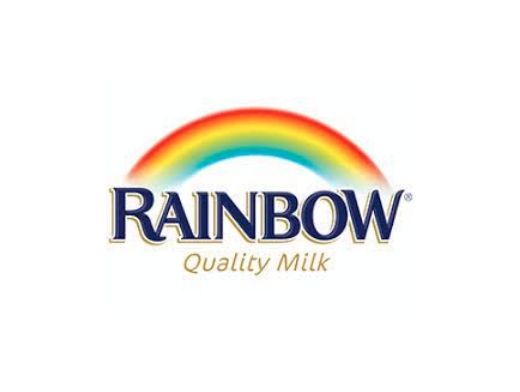On December 11, 1922, in Qissa Khawani Bazaar locality of Peshawar, the family of Lala Ghulam Sarwar Khan, a fruit seller by trade, welcomed the cry of a new baby son, one whom they named Mohammed Yusuf Khan; one of an eventual twelve-children family. The rest of the world didn't pay attention, but it wouldn't be for long as the name Dilip Kumar would eventually become a household name in India and beyond.
In the Indian Hindi cinema business, Dilip Kumar is an actor and producer. Kumar is credited with introducing a new type of method acting to cinema and was nicknamed the "King of Tragedy" for his portrayal as Bollywood's "First Khan" in a somber and retrospective part.
Dilip Kumar's impact on Bollywood
During his five-decade career, he appeared in about 65 films in a variety of roles. In the Bombay Talkies film Jwar Bhata, he made his debut in the Indian cinema business (1944). His cinematic career, however, began with a string of disappointments, but he would finally find success with Jugnu (1947)
Kumar was a forerunner of Hollywood method performers such as Marlon Brando when it came to method acting. Amitabh Bachchan, Shah Rukh Khan, Kamal Haasan, Aamir Khan, Balraj Sahni, Naseeruddin Shah, Nawazuddin Siddiqui, and Irrfan Khan were all influenced by him. Despite not having worked with famed filmmaker Satyajit Ray, Kumar, who pioneered his type of method acting without any acting school background, was dubbed "the ultimate method actor" by him.
Kumar went on to star in the romantic Andaz (1949), the roguish Aan (1952), the social drama Daag (1952), the climactic Devdas (1955), the whimsical Azaad (1955), the romantic social Naya Daur (1957), the noir intrigue Madhumati (1958), the comedy-drama Paigham (1959), the epic historical Mughal-e-Azam (1960), the social comedy-drama crime thriller Gunga Jamuna (1961 (1967).
Kumar's career took a depressing turn in the 1970s, with three consecutive commercial flops, Dastaan (1972), Sagina (1974), and Bairaag (1976). (1976). He took a five-year vacation as an actor before returning in 1976 with the groundbreaking drama Kranti, the highest-grossing Indian film of the year. He continued to star in films such as Shakti (1982), Karma (1986), and Saudagar (1989) (1991). He recently appeared on screen in Qila (1998), without commercial success, in which he played a double role. From 2000 to 2006, Kumar was a member of the Rajya Sabha, the upper house of the Indian parliament.
Dilip Kumar's Personal Life
Kumar's personal life has attracted a lot of media attention. His relationship with Madhubala, an actress, and frequent co-star, lasted until 1957 after the Naya Daur court case. In 1966 he married actress Saira Banu and lived in Bandra, a district of Mumbai, until his death in 2021. The Indian government honored him with Padma Bhushan in 1991 and Padma Vibhushan in 2015, third and second in the country. the highest civilian award, respectively, for his services in cinema. In 1994 he received the Dadasaheb Phalke Award, India's highest recognition in the world of cinema.
Kumar was the sole Indian to get the Nishan-e-Imtiaz, Pakistan's highest civilian honor, in 1998. In 2014, the Pakistani government-designated Kumar's childhood home in Peshawar as a national cultural monument.
Khan never appeared under his real name, instead opting for the stage name Dilip Kumar in 1944's Jwar Bhata. The name was suggested by Devika Rani, one of the producers of Jwar Bhata, according to Dilip Kumar's autobiography, Dilip Kumar: The Substance and the Shadow. In a 1970 interview, he stated that he chose this name to avoid his father's disapproval of his acting profession.
At around 7:30 a.m. on July 7, 2021, Dilip Kumar was pronounced dead in Mumbai at the Hinduja Hospital, at the age of 98. He passed away after a protracted illness. In addition to testicular cancer and pleural effusion, he had several age-related ailments. On the same day, the Maharashtra government granted his burial with state honors at the Juhu Muslim cemetery.














































